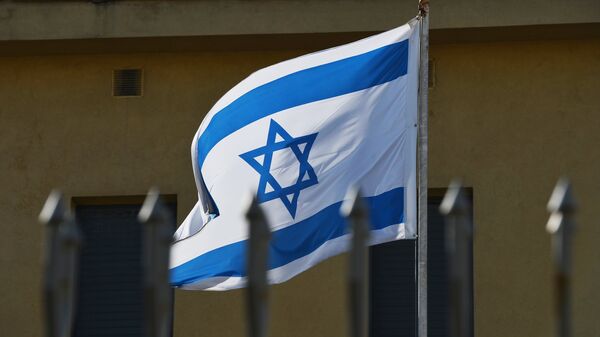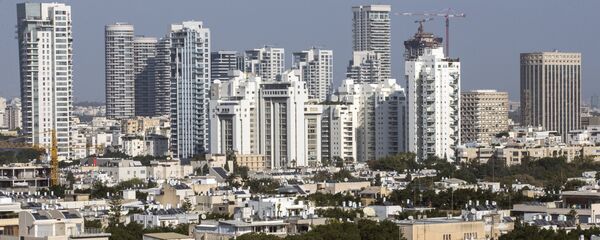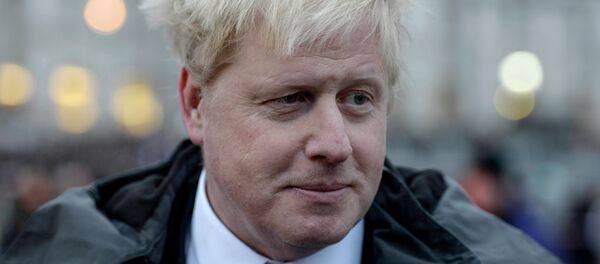Halevy told the conference that the last three months have been the "most difficult" for Daesh since they first declared a caliphate, and he was quoted by Israeli news sources as saying, "Israel does not want the situation in Syria to end with the defeat of [Daesh]."
The Israeli general said that, "Withdrawal of the superpowers from the region and letting Israel alone in front of Hezbollah and Iran that possess good abilities will put ‘Israel’ in a hard position. Therefore, we’ve got to do all we can so as not finding ourselves in such situation."
In January, Israeli Defense Minister Moshe Ya'alon told the Institute for National Security Studies' (INSS) conference in Tel Aviv that he’d "choose [Daesh]" over Iran in the Syrian conflict because Iran and Iran-backed groups pose more of a threat to Israel. "We believe [Daesh] will be eventually defeated territorially, after the blows it has been suffering, and in light of the attacks on its oil reserves," he claimed, referring to Iran as a "rogue regime with designs on a regional hegemony. Hezbollah is Iran's proxy, with the ability to declare war. Iran currently has terror infrastructure in place in five continents: Asia, Africa, Europe and both in South and North America."
Ya’alon’s comments stood in stark contrast to those made by Israeli President Reuven Rivlin at the INSS, who feels that Daesh is an internal threat to Tel Aviv. "[Daesh] is already here, that is no longer a secret," he said, "I am not speaking about territories bordering the State of Israel, but within the State itself. Research studies, arrests, testimonies, and overt and covert analyses, many by the INSS, clearly indicate that there is increasing support for [Daesh] among Israeli Arabs, while some are actually joining ISIS."




